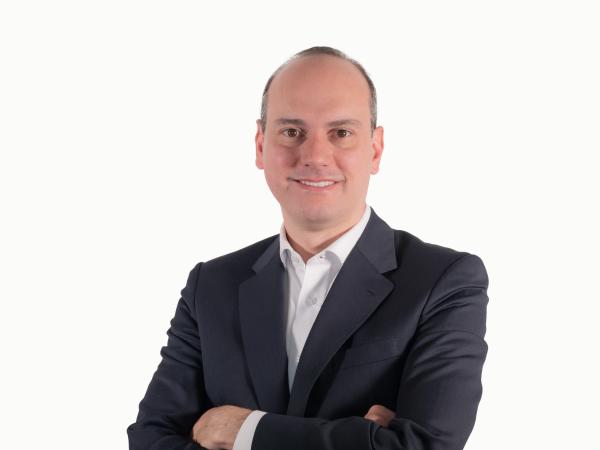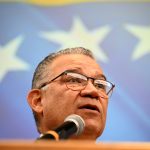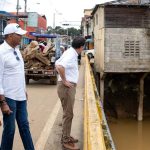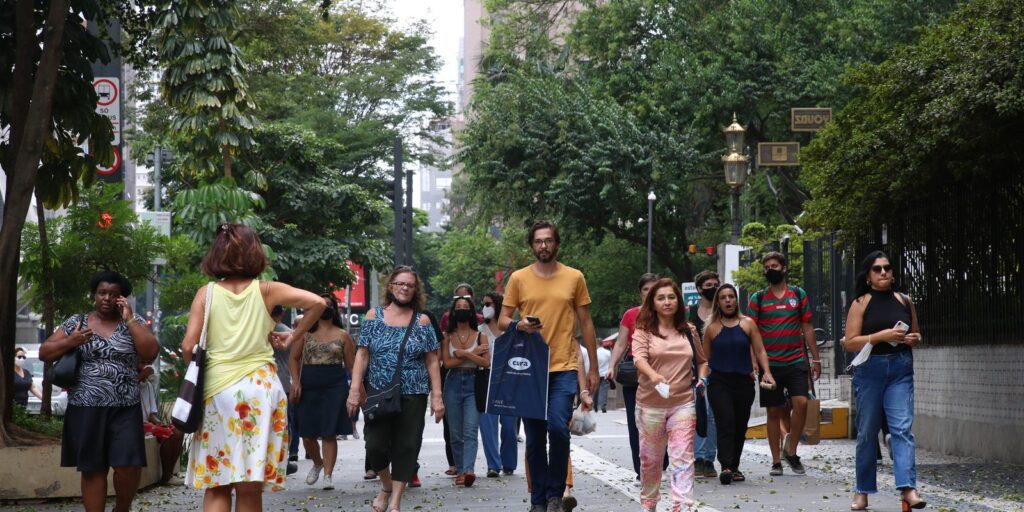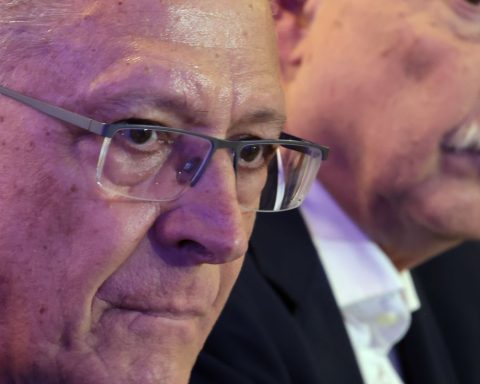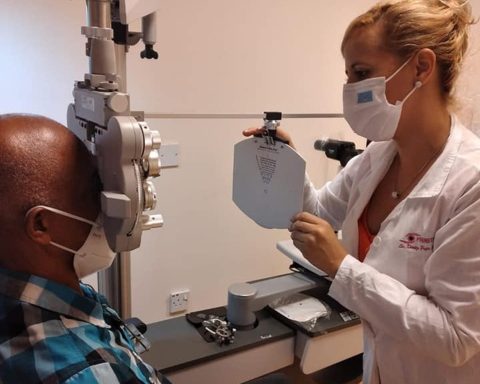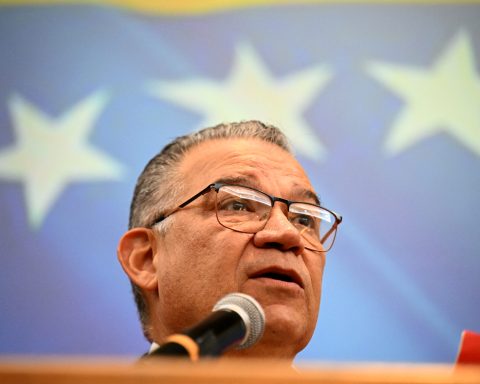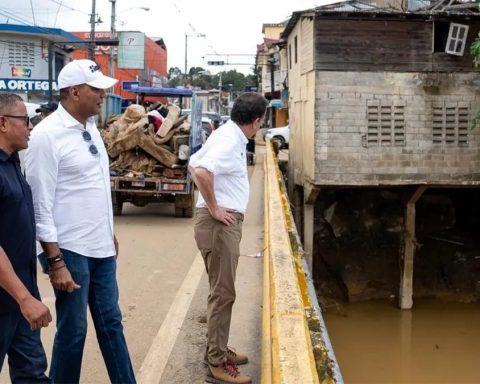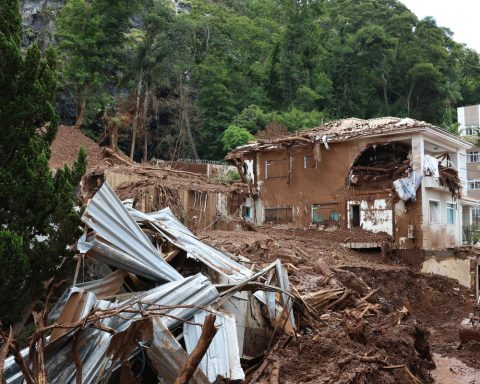Investors are attentive to the formation of the cabinet of President-elect Gustavo Petro, since dialogue with economic agents will be key. In this way, José Ignacio López, Executive Director of Economic Research Corficolombiana, analyzes the expectations about the new Government elected by Colombians on Sunday.
(Petro cabinet composition, key to investor confidence).
How do you see the election?
The first thing is that it became clear that the institutions in Colombia, despite all the shortcomings, continue to function well. The other clear element is that we are entering an unprecedented situation in the sense that it is the first time that the country is going to have a left-wing government. So there’s some anxiety about the makeup of the cabinet, and that’s the shorter-term concern. Between the first and second round Petro spoke of a national agreement. The first focus of the markets is going to be on that big deal and how it materializes in a cabinet. And the third uncertainty is about how he is going to implement his proposals, since the campaign was long there were many proposals, some that seem more inconvenient than others. The markets and all the analysts are going to be very attentive to see how that promise of change for which he was elected materializes.
How can the markets read the election in these early days?
We were with a dollar at levels close to $3,900, with the first round we had an appreciation of the peso, in recent weeks we had already seen some weakness and the markets had positioned themselves, if you will, in a more preventive position in the face of the associated uncertainty to the election. Now that Gustavo Petro’s victory is confirmed and given that anxiety about what the cabinet and the reforms may be, it is likely that in the very short term we will have a small appreciation of the peso. I would not anticipate it to be very big, perhaps we can talk about levels between $4,100 and $4,150 at the open today, Tuesday, and to the extent that cabinet names come forward, I would expect from people with a significant run, that may calm the markets. I would rule out scenarios in which in the very short term we have a very significant devaluation of the Colombian peso.
What is the projection of the dollar at $7,000?
That forecast is to 2027. It’s not this week or next year. The number is striking and causes a lot of speculation but, basically, the logic is what happens to Colombia with its trade balance and its exchange rate once it loses energy self-sufficiency. The markets are going to be attentive to how that promise is going to be carried out, if the now-elected president confirms that he wants to end oil exploration. It is not that we are going to go to $7,000 now, nor in the next few years, but the markets are going to try to anticipate what the future of the country will be like in a scenario of accelerated energy transition and that is what the candidate has spoken about.
(Gustavo Petro, the first leftist president of Colombia).
Let us remember that in the same report what we said is that in the long term we are going to end up in almost the same scenario because the energy transition has to happen.
What would be the Minhacienda that reassures the markets?
That he has an important technical background that knows the matter, that he is not someone new to economic discussions. Ideally, one who can and knows how to interact with investors, who can understand their concerns, who can articulate well the sustainability plan in fiscal matters before the international community and before said investors.
What should be the priorities?
The new economic team will have to face several urgent issues. One is the deficit of the Fuel Price Stabilization Fund, which in principle is designed to smooth prices at the local level, but in recent years it has become a de facto fuel subsidy fund that is costing the country this year, in gross accounts, about 30 billion pesos. Already in this fiscal framework, the Government presented an initial initiative on how to close this deficit and perhaps the first task that the new Government will face is to evaluate that proposal.
(The skills that the next Minister of Finance must have).
The other is the tax issue more broadly. The accounts show that the country has been growing well with the current spending programs, but if some are closed there is no need for a tax reform. But given that Gustavo Petro has proposed additional spending plans, the most immediate task that this team is going to have is to estimate what kind of policies are being implemented, at what time, and what are the sources of financing that today are not there to generate those spending programs.
CONSTANZA GOMEZ GUASCA
